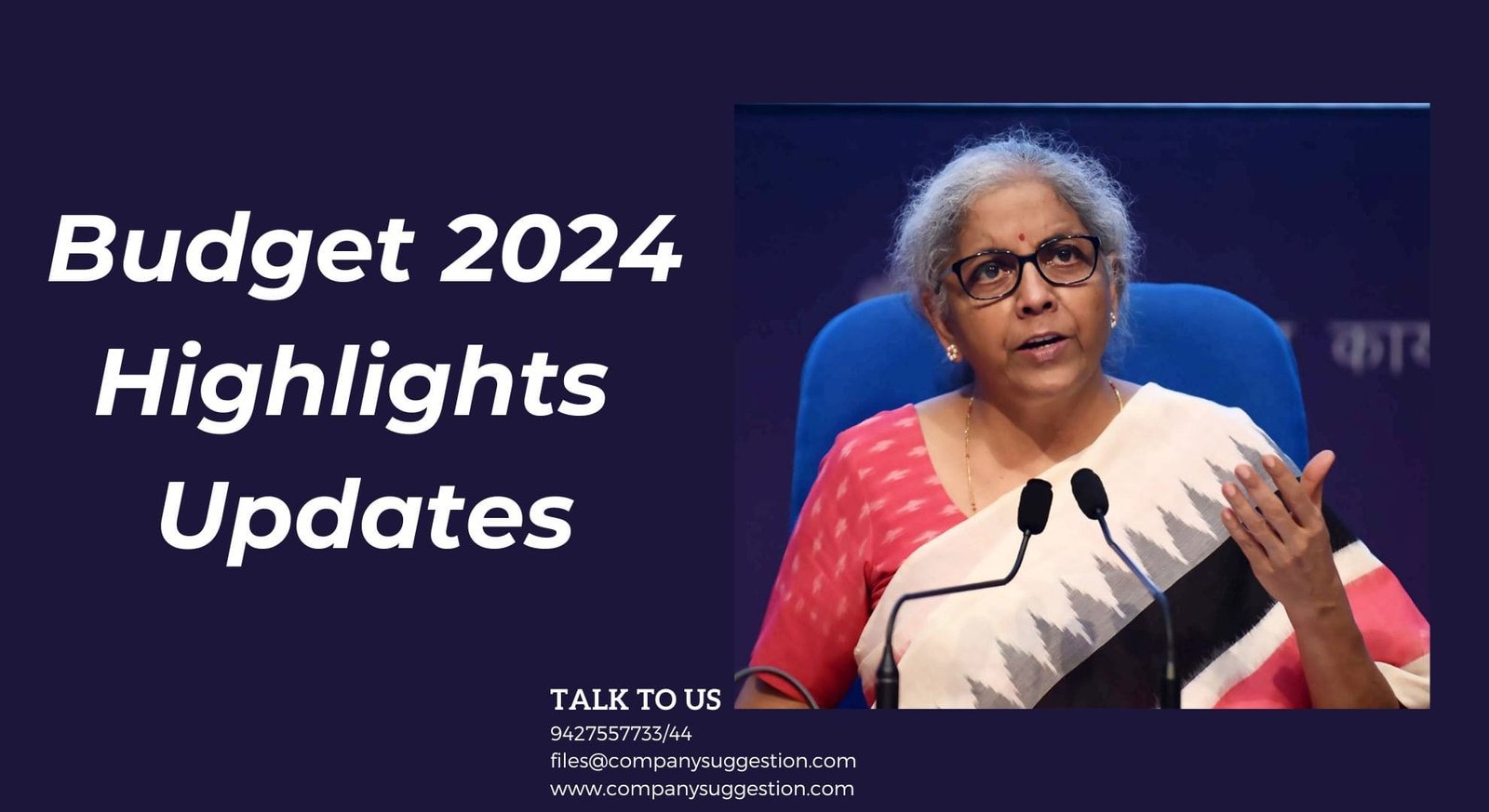Governance and Ethical Standards in Political Party Setup
The health of India’s democracy is significantly dependent on the performance of its political parties. These organizations play a pivotal role in the selection of representatives and the establishment of governments, thereby influencing the trajectory of the nation. Yet, the efficiency of this system is intricately tied to the conduct observed within these political entities. This prompts the query: What measures can be implemented to guarantee sound governance and ethical conduct within the political party framework of India?
Existing Challenges
The present political scenario in India grapples with numerous issues that give rise to apprehensions regarding ethical conduct and effective governance.
Absence of Internal Democracy: Numerous political organizations suffer from a deficiency in internal democracy, marked by non-transparent decision-making procedures and minimal involvement of party members beyond the leadership circle. This sets the stage for nepotism and corruption to flourish within the party environment.
Dynastic Political Practices: The prevalence of dynastic succession within political parties constrains opportunities for emerging talent and perpetuates control within specific family lines. This situation can result in stagnation and an inability to adapt to the evolving needs of the electorate.
Influence of Monetary Power: The impact of financial resources on electoral politics is a notable concern. Political parties frequently heavily depend on contributions from corporations and affluent individuals, creating potential scenarios for quid pro quo arrangements and policy decisions swayed by vested interests.
Deficiency in Transparency: Restricted transparency in party finances and decision-making procedures fosters public distrust and obstructs the establishment of accountability measures.
Political Party Setup: Addressing the Issues
Ensuring sound governance and upholding ethical standards within Indian political parties requires the implementation of various reforms:
Enhancing Internal Democratic Practices: The introduction of measures like regular internal elections, transparent decision-making protocols, and heightened member engagement serves to foster accountability and inclusiveness within political parties.
Mitigating Dynastic Influence: Promoting fair competition for leadership roles and advocating for merit-based selection processes serves to diversify the talent pool and diminish the stronghold of specific familial ties in politics.
Reforming Electoral Processes: Enforcing limitations on campaign expenditures, amplifying transparency in party finances, and regulating the role of financial contributions in elections work towards creating a more equitable electoral landscape, reducing the sway of vested interests.
Fostering Transparency and Accountability: Enforcing practices such as mandatory disclosure of party financial details, routine audits, and ensuring accessible information about party operations contribute to bolstering public confidence and fostering a culture of accountability.
Role of the Citizenry
Apart from institutional changes, the active involvement of the Indian populace is essential in molding a political environment that is both ethical and accountable.
- Making Informed Choices: Analyzing party policies, candidate backgrounds, and voting records critically is crucial for making well-informed decisions and ensuring elected officials are held responsible.
- Active Citizenship: Getting involved in public discussions, attending political events like rallies and debates, and challenging elected officials through protests and petitions can contribute to fostering positive transformations.
- Backing Ethical Parties: Opting to endorse and actively participate in political parties that consistently uphold ethical principles and practices can convey a strong message and foster broader reform efforts.
Case 1: Internal Power Struggle and Transparency:
- Party: A prominent national party in India.
- Issue: A prolonged internal power struggle between two factions within the party, resulting in a lack of transparency in financial dealings and decision-making.
- Ethical Concerns:
- Concentration of Power: The dominance of a few leaders, stifling dissent and hindering open debate within the party.
- Financial Transparency: Allegations of misusing party funds and potential corruption due to limited transparency in financial transactions.
- Meritocratic Principles: Concerns regarding the selection of party candidates and the absence of meritocratic principles, raising questions about the party’s commitment to fairness.
Case 2: Dynastic Politics and Meritocracy
Party: A regional Indian party where a single family holds a significant influence in key leadership positions.
Issue: Persistent control of leadership roles by the same family, prompting doubts about fairness and equal chances for other party members.
Ethical Concerns
- Lack of fair and open competition: Absence of a transparent and competitive process for leadership positions within the party.
- Potential for nepotism and favoritism: Risk of biased decision-making in favor of family members, undermining merit-based selection.
- Risk of stagnation: Persistent family dominance may lead to a lack of fresh ideas and perspectives within the party, hindering innovation.
Case 3: Politicization of Crime and Erosion of Public Confidence:
Party: Various political parties across different states in India.
Issue: The existence of elected officials with a history of criminal activities within political organizations undermines public confidence and gives rise to apprehensions about the integrity of the legal system.
Ethical Concerns:
- Undermines the integrity of democratic institutions.
- Sends a message that criminal behavior is acceptable for those in power.
- Creates an environment of fear and threats, making it difficult for democracy to work properly.
Case 4: Nepotism and Cronyism in Party Nominations:
Party: A prominent national political party in India is accused of assigning crucial roles to individuals primarily due to personal ties rather than their skills and qualifications.
Issue: Criticism surrounds the party’s methodology for selecting officials and representatives, casting doubt on the fairness and openness of the process.
Ethical Concerns:
- Diminishes the efficiency of party leadership and decision-making.
- Deters competent individuals from engaging with the party or actively participating.
- Erodes public confidence in the party’s competence to govern effectively.
Case 5: Enhancing Transparency and Engagement through Technology
Party: A recently established regional political entity in India harnessing technology to advance openness and interaction with its members and the public.
Initiative: The party employs a digital platform to:
- Publicize financial records and party undertakings.
- Foster transparent communication and dialogue among its members.
- Enable citizens to submit queries and recommendations.
Benefits:
- Augmented transparency and responsibility within the party.
- Improved communication and involvement with members and the public.
- Formation of a more inclusive and democratic political system.
These are just a few examples of real-time cases highlighting the challenges and opportunities associated with governance and ethical practices in Indian political parties. Effectively addressing these issues demands a comprehensive strategy encompassing internal restructuring, stringent regulatory measures, heightened transparency, and the adept integration of technology. By actively pursuing a more ethical and responsible political environment, India can fortify its democratic institutions and lay the groundwork for a more promising future for its citizens.
Conclusion:
Establishing a resilient democracy that promotes good governance and upholds ethical standards necessitates a comprehensive strategy. While institutional changes are crucial, active involvement of the Indian populace holds equal significance. Through making well-informed decisions, ensuring elected officials are answerable, and endorsing ethical political parties, we can collectively contribute to a more fair and impartial political system in India. Let’s persist in working towards a political arena where authority serves the people, and ethical principles steer the nation towards a more promising future.
If you have any questions or uncertainties, feel free to share them with companysuggestion, and our team of experts will provide guidance and support.













